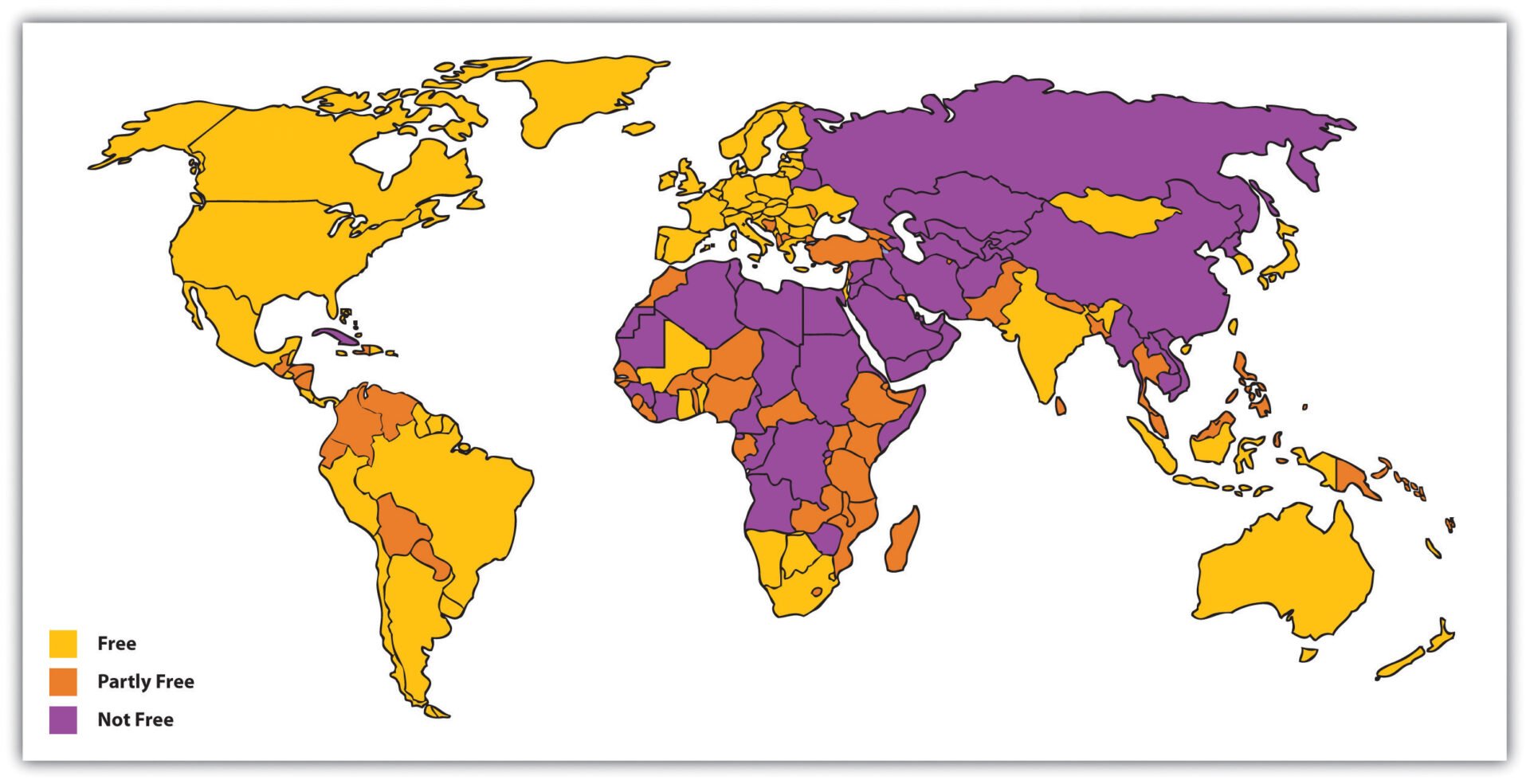Russia’s possible involvement in the recent U.S. election (and with American politicians) has renewed interest in Russian politics in the United States. Many Americans, however, are unfamiliar with how authoritarian regimes operate, or what it would be like to live in one as Tom Pepinsky has pointed out. Compounding the problem, much of the news about Russia in the United States relies on easy stereotypes and a lack of true expertise.
Here, academic research can be valuable in helping us understand the political behavior and political functioning in democratic versus authoritarian settings. For instance: What are the effects of political protest in Ukraine? When do former authoritarian parties win elections? And how do authoritarian regimes govern? Offering insight to these questions, several important findings were recently presented at the annual ASEEES conference in Chicago.
First, nationally representative surveys help us get a handle on political participation in less democratic settings. Bryn Rosenfeld, Grigore Pop-Eleches, and Graeme Robertson presented research about the protests in Ukraine that were part of the Euromaidan movement in 2013 and 2014. They draw on nationally representative panel data from before and after the Euromaidan protests and look at the effect of participating in protests on political attitudes. Unlike much of the work on this topic, they consider how participating in a protest—rather than just living in a country or place where protest has happened—influences political attitudes. They find that participating in political protest leads to a more coherent set of attitudes, and that Euromaidan participants were more ideological than those who participated in the Orange Revolution.
Second, new data on political parties lends insight into when former authoritarian parties win elections. Work on the electoral performance of authoritarian and populist parties was presented by Anna Gryzmala-Busse, the current ASEEES president, and Monika Nalepa. Their work draws on the Democratic Accountability and Linkages Project developed by a group of researchers at Duke University and their own new dataset on authoritarian parties. Their on-going research seeks to explain a paradox wherein liberal democratic parties may adopt positions similar to authoritarian parties, but the latter are more likely to have electoral success.
Finally, research suggests both similarities and differences between democratic and authoritarian policymaking. Alexander Libman and Andrei Yakovlev’s work details how a relatively new Ministry of Far East development, just created in 2012, funnels resources to regions in Russia’s Far East and does so in a way that subverts conflicting policy goals in other Russian ministries. In this way, the Russian government shares a challenge that is fairly universal: bureaucratic battles that impede policy goals. The authoritarian nature of Russian governance, however, has resulted in the creation of a new bureaucracy in a way that runs counter to a more consensual policymaking style we might expect (at least sometimes) in democracies.
Americans may have difficulty understanding how authoritarian regimes operate. A recent media battle has even led the American and Russian governments to both consider labeling media outlets from the other country as foreign agents. In the midst of poor relations, more nuanced and data-driven research about politics in the region is one way forward in promoting a better understanding beyond misleading media stereotypes.











